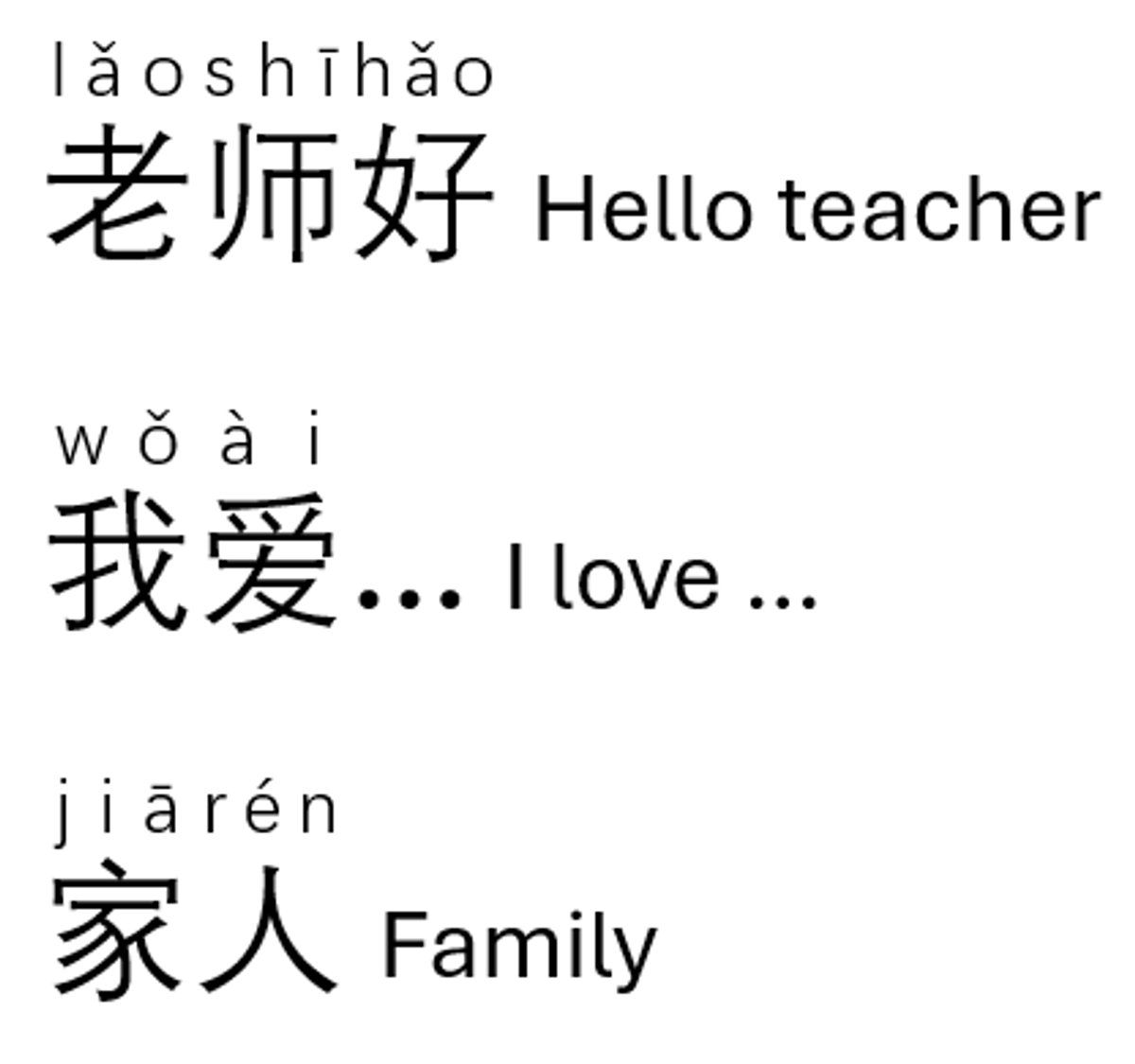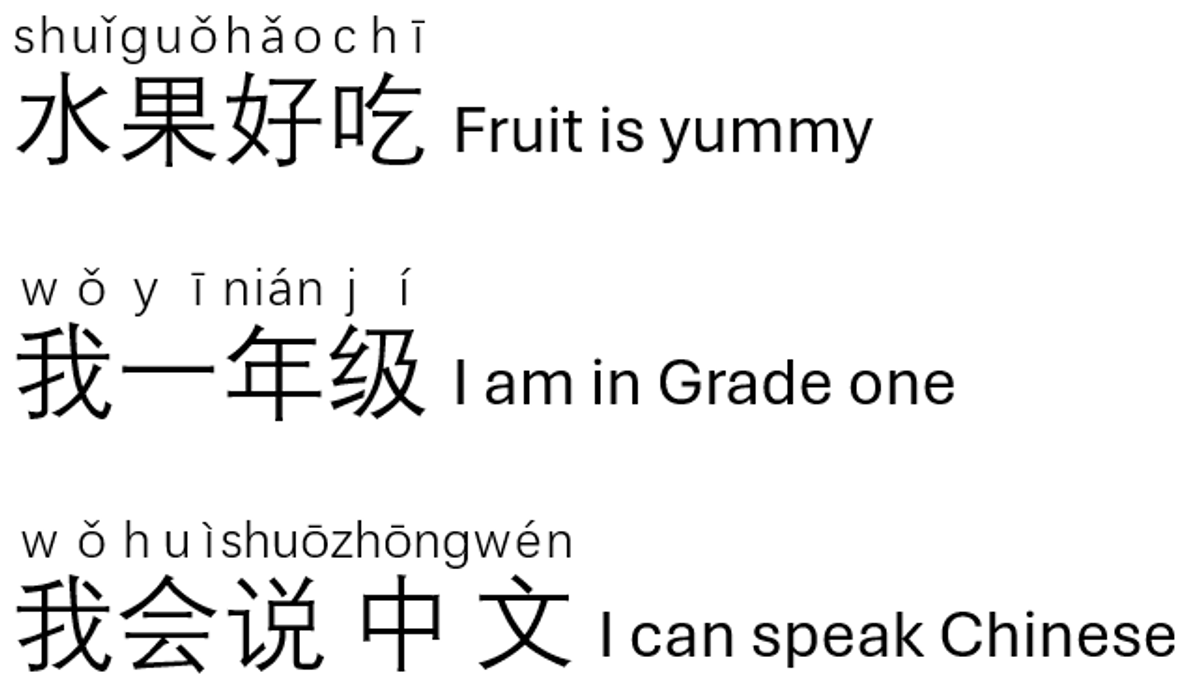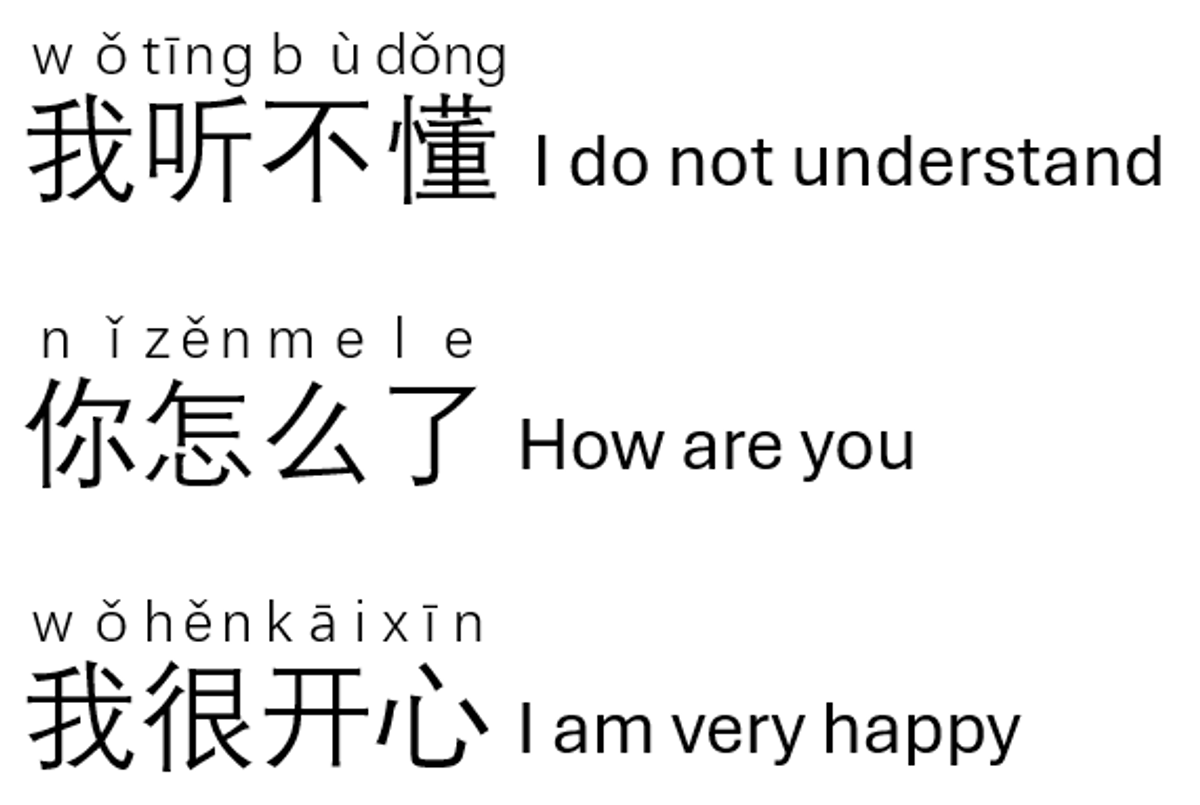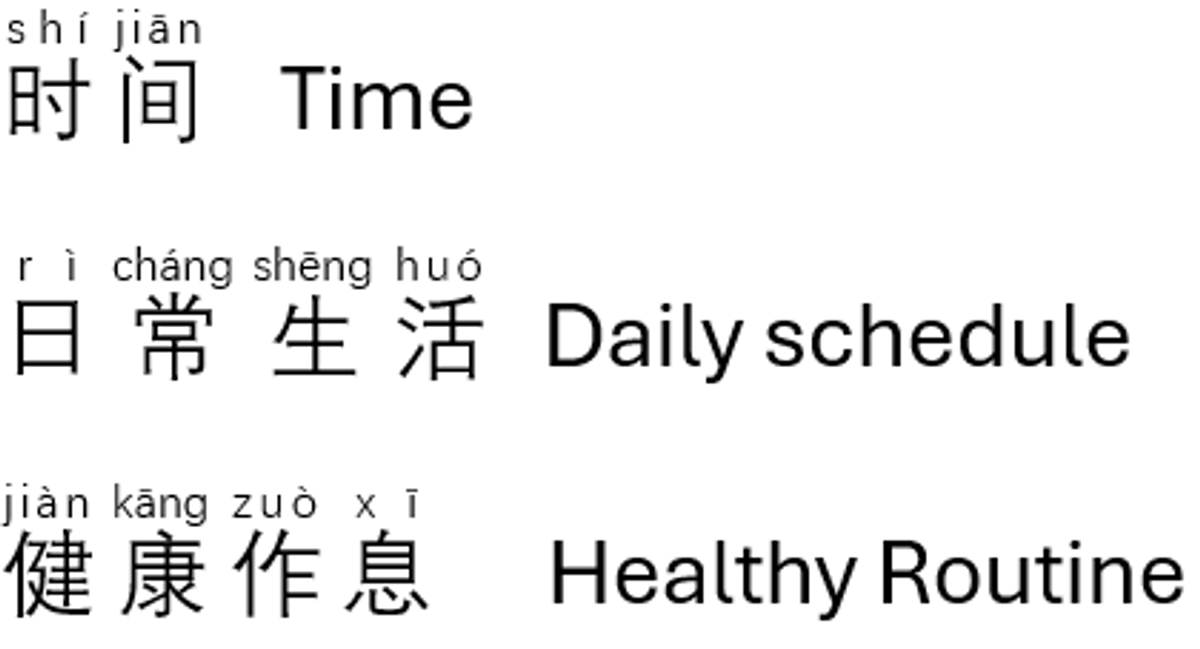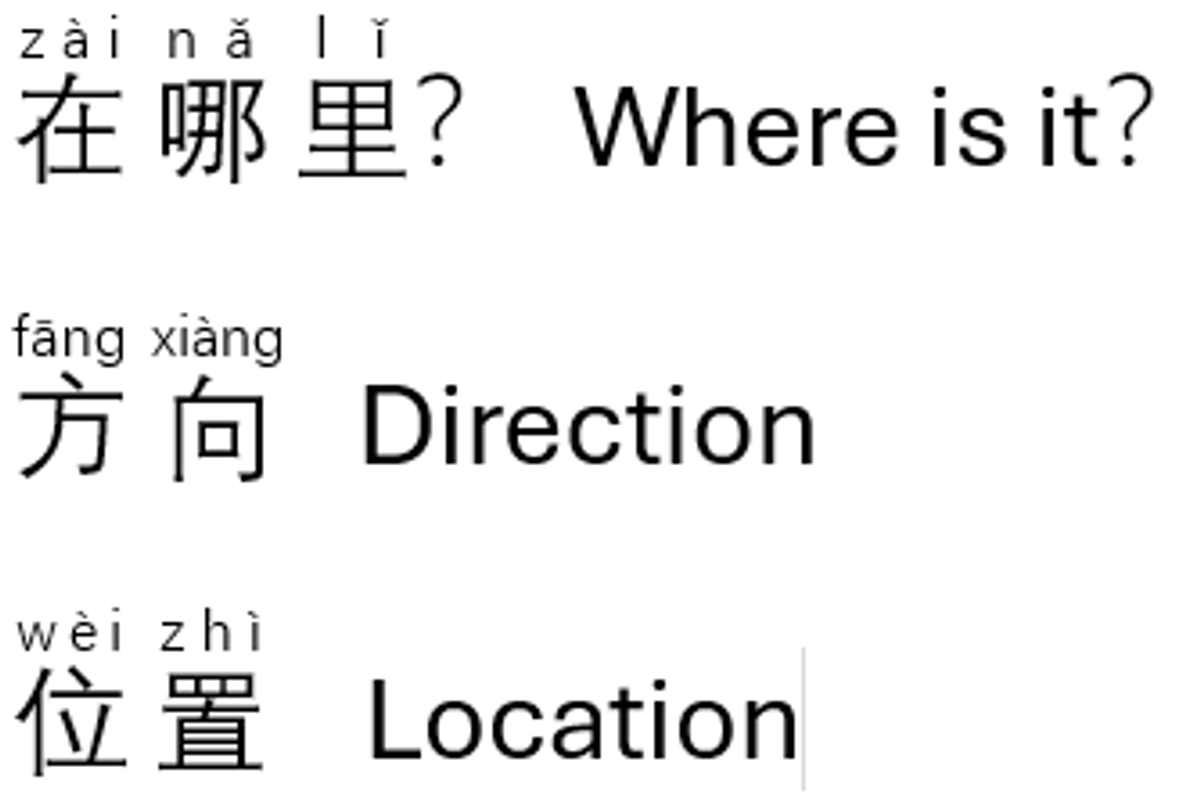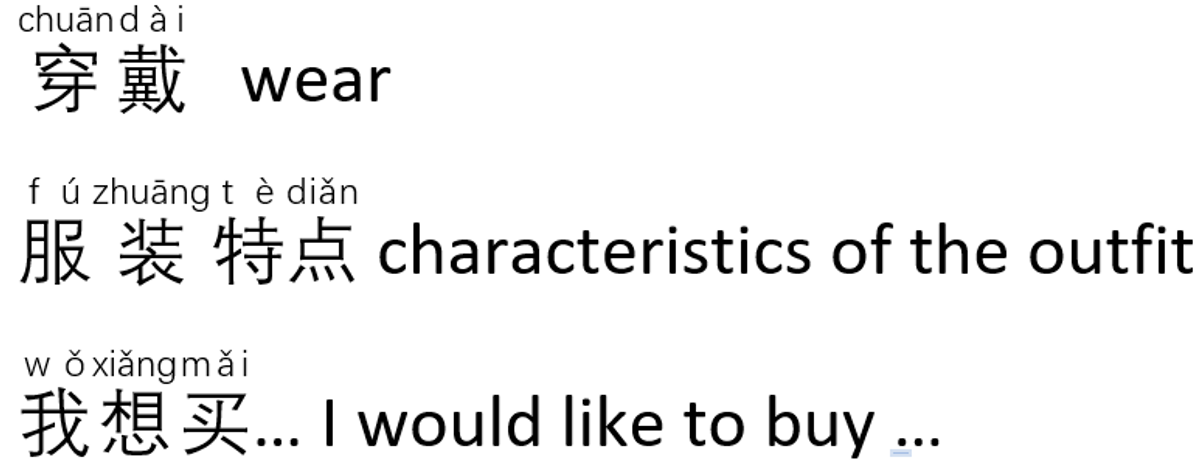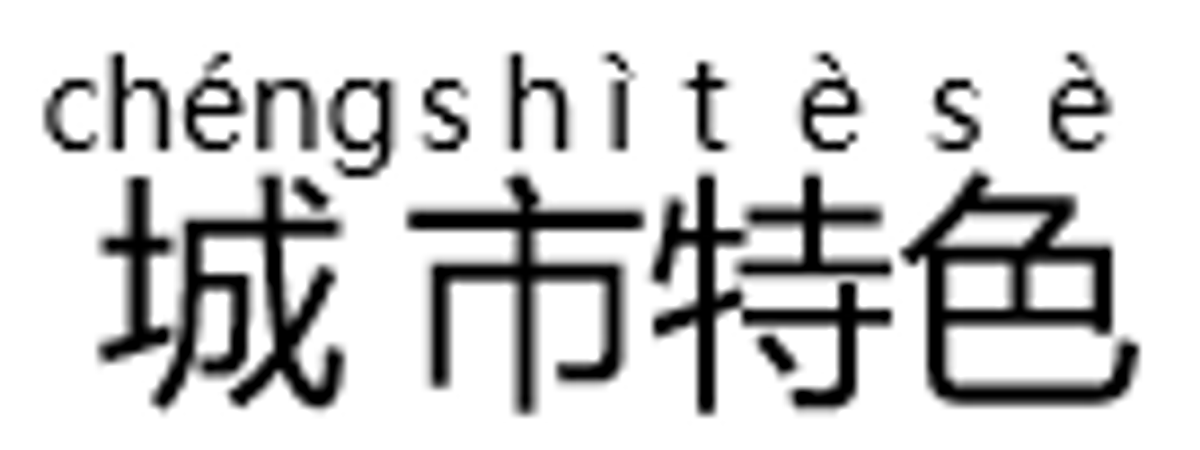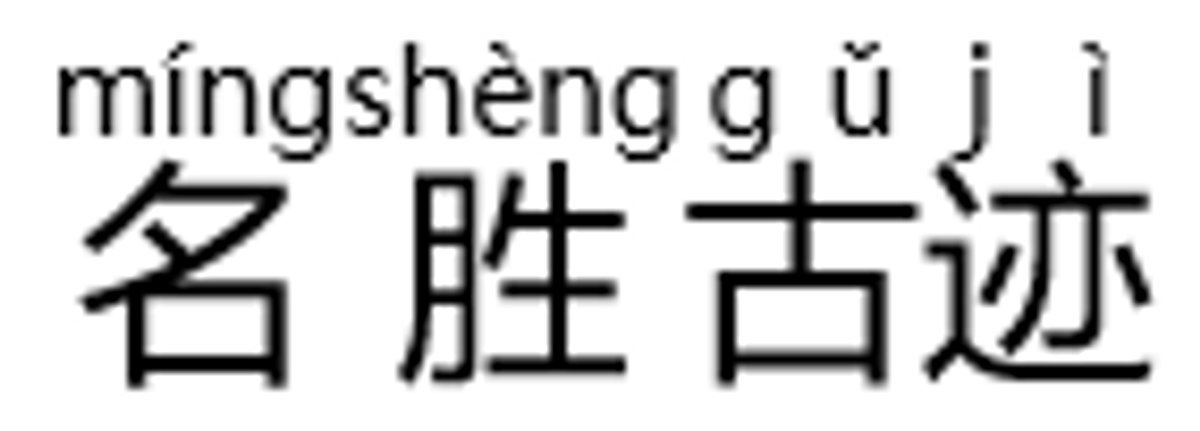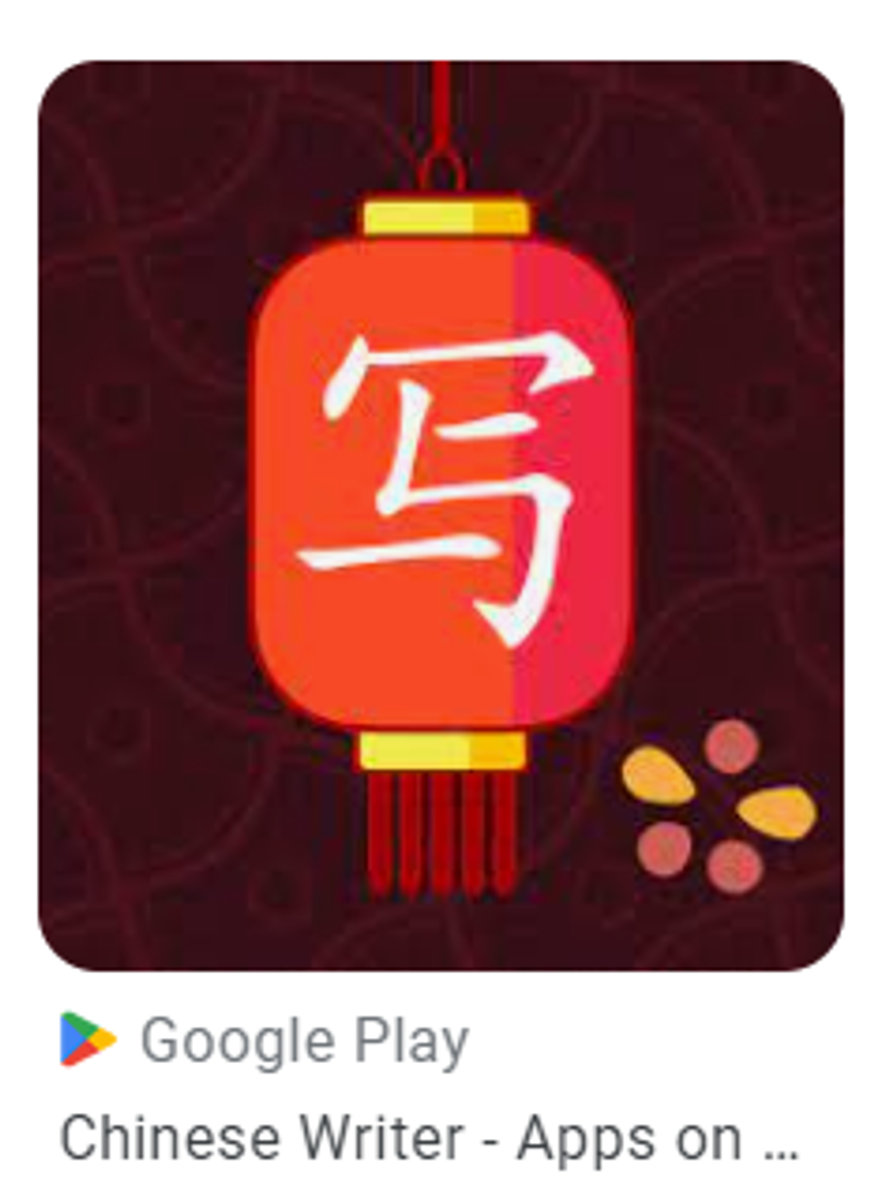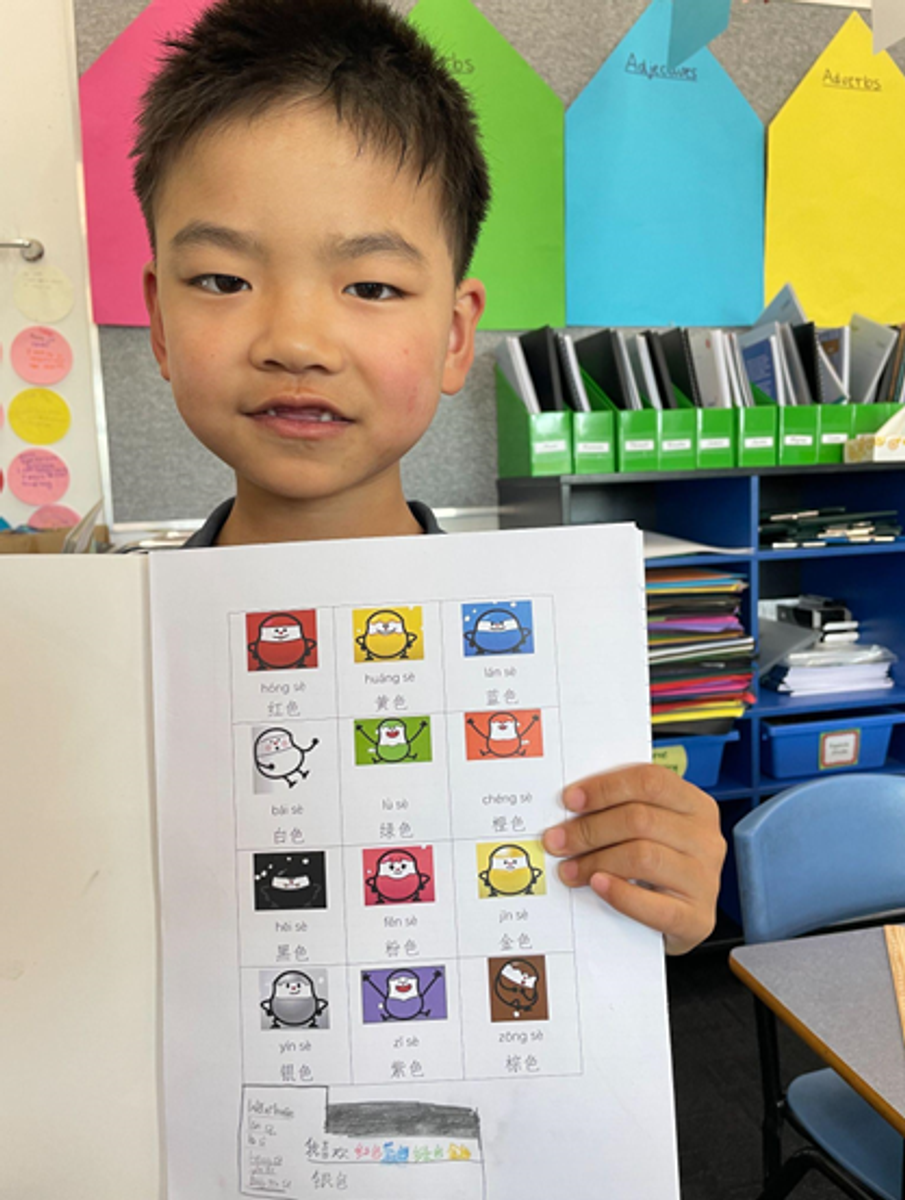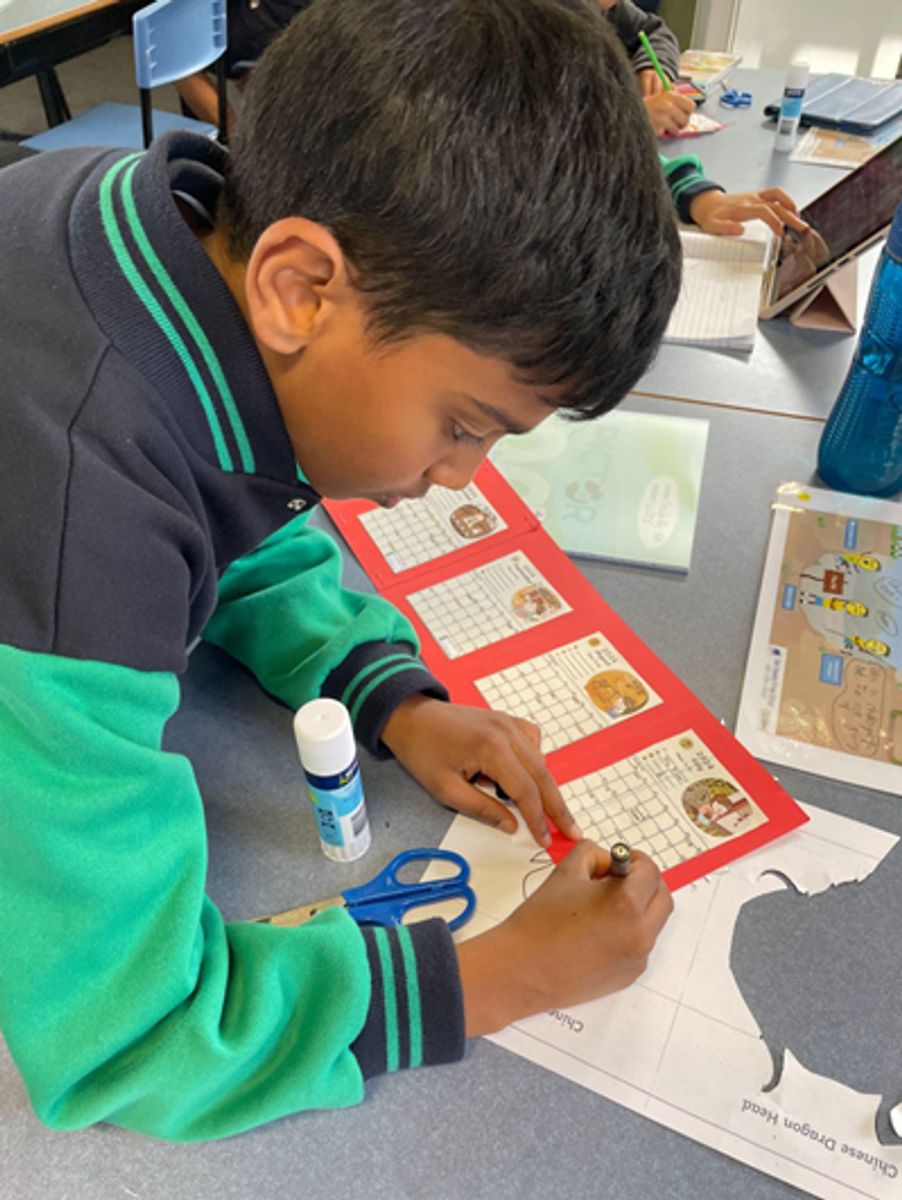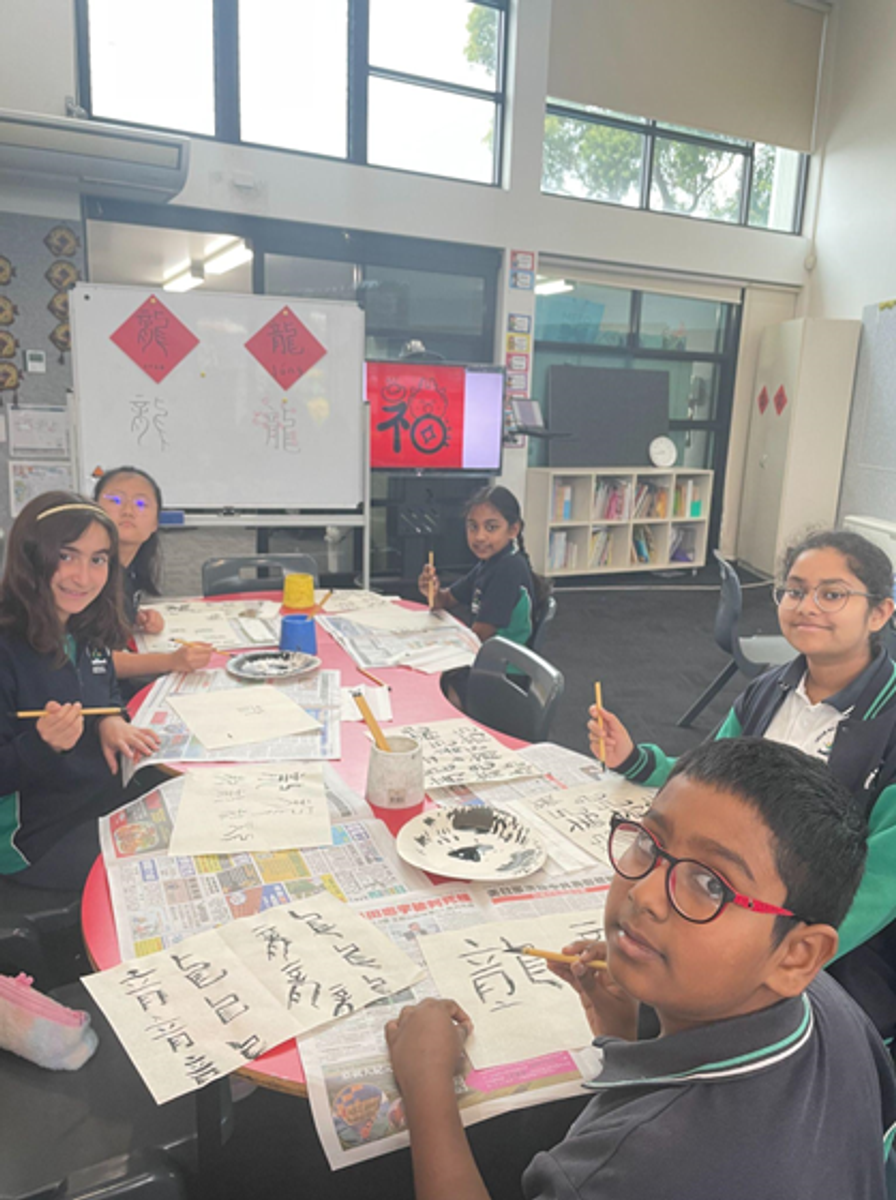LOTE

This term will be full of fantastic learning opportunities in the language classroom. Students will continue exploring strategies to improve their language skills by linking tasks. They will also inquire about the Dragon Boat Festival to deepen their understanding of the significant cultural traditions and celebrations.
Prep
This term, Preps will be introduced to some cultural background knowledge and family values in Chinese, including home, dad, mum, brothers, sisters and pets. Students will keep exploring the ways to pronounce Pinyin through singing songs and playing various collaborative games. They are expected to develop an understanding of family relationships and demonstrate an ability to introduce their family members to others using the Chinese language.
Curriculum Links:
- Participate in class routines, structured conversations and activities using teacher-modelled tones and rhythms (VCZHC001)
- Interact with simple written texts in familiar contexts to contribute to class discussions (VCZHC002)
Key Vocabulary:
Year 1
In Term Two, Year One students will explore the topic of fruit. They will use new description words like big and small, yummy and not delicious in communication. Students will learn how to pronounce Mandarin sentence patterns through recognising Pinyin and build confidence in speaking Chinese in various contexts. By the end of the term, students are expected to create a role-play with peers which contains their favourite fruit and use that to practice speaking skill.
Curriculum Links:
- Locate information about family and familiar events from spoken and visual sources and convey this information in simple visual and oral texts (VCZHC003)
- Recognise Chinese characters as a form of writing and Pinyin as the spelled-out sounds of spoken Chinese (VCZHU011)
Key Vocabulary:
Year 2
Year Two students will start to explore the topic of my feelings. They will begin to listen to the story ‘The colour monster’ in Chinese version, to discuss the colour related to different feelings. At the same time, they will improve speaking skills through a variety of forms such as songs, stories and interactive PPT games. By the end of the term, they will be given the opportunity to create their own feeling rabbit and present it to their peers.
Curriculum Links:
- Identify equivalent or similar Chinese words or phrases for familiar objects or terms in English (VCZHC007)
- Engage with familiar text types to predict meaning (VCZHU013)
Key Vocabulary:
Year 3
Year Three students will learn the language used to describe their daily routine in Chinese. They will learn to identify the essential vocabulary for the target topic and develop conversational sentence structures. In addition, students will be practising their speaking skills through role-plays and language-based games. Finally, to celebrate their learning, they will create a bilingual booklet to demonstrate their understanding of learning.
Curriculum Links:
- Obtain and process information about significant people, places and events from spoken and visual sources, and convey this information using learnt phrases and keywords. (VCZHC019
- Identify how terms are used to indicate relationships and express aspects of culture that may be different from their own (VCZHU032 )
Key Vocabulary:
Year 4
This term, students in Year Four will focus on directional language in Mandarin. They will compare and contrast structural differences and similarities in sentence structures between Mandarin and English. In addition, students will work on creating conversations, such as asking and giving directions. They will also be allowed to choose a topic-related project that can demonstrate their learning, such as creating a map, making a movie and working on a role-play with peers.
Curriculum Links:
- Locate information from sources and report this information to a known audience using learnt characters (VCZHC020)
- Identify how terms are used to indicate relationships and express aspects of culture that may be different from their own (VCZHU032 )
Key Vocabulary:
Year 5
This term, students in Year Five will extend their knowledge from Term One learning - Clothes and Footwear. They will develop the ability to use a variety of verbs, nouns and complex sentence structures in Chinese to describe and give information about shopping for clothes and footwear and explore the features of Chinese Yuan (Currency). Students will have an opportunity to create a role-play in a group to increase their fluency of speaking skills in Chinese. They will also continue to apply the Chinese keyboard to create digital texts with complex sentences in Chinese Pinyin and characters.
Curriculum Links:
- Interpret and translate simple texts used for everyday purposes, identifying actions, words and phrases that do not readily translate into English (VCZHC039)
- Describe aspects of own identity and reflect on differences between Chinese and English language and culture, identifying how this knowledge can help their intercultural exchanges (VCZHC041)
Key Vocabulary:
Year 6
Students in Year 6 will learn about some main cities in China and around the world. They will focus on using essential words and sentences to express their thinking about different cities in Chinese. The inquiry-based learning will help learners to experience and engage with the cities through a global lens. Learners will explore the history, influence and impact upon society, politics, the economy, and the environment of important cities around the world. They will transfer their learning and deepen their thinking on the indispensable factors of liveability as well as what makes liveability for people high quality. As a celebration of their learning journey, students will prepare a group presentation to share their learning.
Curriculum Links:
- Locate key points in written informative texts, summarising the points to report to known audiences (VCZHC036)
- Form sentences to express details such as the time, place and manner of an action and to sequence ideas (VCZHU044)
Key Vocabulary:
Liveable cities
Portrait of the city
Famous attractions
How can you support your child’s Language Education learning at home?
- Sing or exposure to Chinese Songs to gain interest in the language
- Practice writing Chinese characters via App “Writer”
- Borrow bilingual Chinese storybooks from the school library or local library

